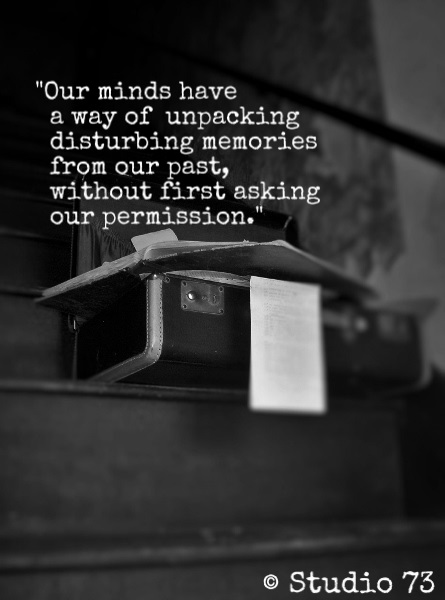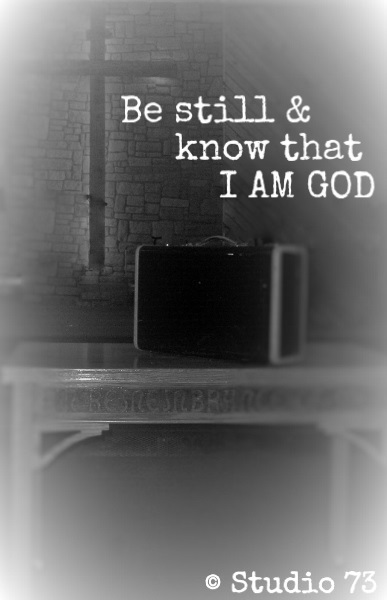I’m frequently haunted by memories of dysfunction and abuse from my childhood. Particularly disturbing are memories that feel like emerging details. I’ve typically responded with depression, anger, and isolation. If uncontrolled, my emotions re-victimize me.

We all have painful memories from the hurts we’ve experienced. Our minds have a way of unpacking disturbing memories, without first asking for our permission. And the corresponding emotions can feel crippling.
For those of you who relate to what I am saying, here are four principles (or choices) that I’m finding helpful to deal with painful memories.
Choice One: Ask Jesus into my memory.
Inviting Jesus into a specific hurtful memory is my confession that I need His help. I am giving Him permission to touch what is painful. He doesn’t rewrite my history, but He does bring comfort and healing to the wounds that memories uncover.
His presence brings light into prison cells of depression and sadness.
What memory are you inviting Jesus into, today?
(Proverbs 3: 5-6)
Choice Two: Reaffirm my commitment to be a forgiver.
Several months ago God led me to forgive an abuser, not only for what I remembered, but also for anything that I might remember in the future. When an abuse memory or a potential new detail surfaces, I am learning to confess again to God (reminding myself) that I have chosen the path of forgiveness.
Forgiveness does NOT mean that I will (or should) forget my past. Nor does forgiveness mean that I will not have times of anger and pain triggered by memories. But, forgiveness DOES mean that God has permission to guide me in facing my anger and pain.
Forgiveness deals a destructive blow to memories’ prison walls of resentment and bitterness.
Are you reminding yourself that you are a forgiver?
(Luke 6: 36-38)
Choice Three: Share my memory with a trusted friend.
This can be tough. I may feel uncomfortable and embarrassed by memories that have cowered under a veil of shame for years. But memories that keep returning and threatening my peace of mind need to be brought into the open. The reward of talking through painful details is well worth the effort.
Speaking honestly about previously hidden memories attacks the shame that has created a prison of isolation.
How are you being intentional in building relationships of deep trust with others?
(Ecclesiastes 4:12)
Choice Four: Wait on God.
God’s challenge to the Psalm-writer hasn’t changed for us today: “Be still, and know that I am God”. (Psalm 46:10) Making these choices allows my mind to rest and to let go of the compulsion to be in charge.
Trusting God to “be God” in my painful memories leads me towards true freedom.

These are simple, but not easy, choices to make. Painful memories still taunt me at times as I wonder how they fit into the puzzle of my past. But as I practice making these choices, painful memories are being transformed into opportunities to grow with God and others today. These choices are building blocks which do not deny the past, but rather form a foundation for living in freedom from the past.
How are you seeing new life grow in the place of old memories?




Leave a Reply